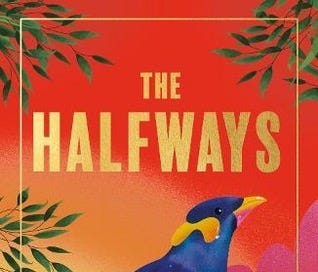A Few Things: Markets, Life Hacks, Luxury Strategy, Breaking Out of the X-Axis, Negotiating Like a Hostage Negotiator, The Future of Manufacturing & Digital Infrastructure, The Halfways
June 17 2022
I am sharing this weekly email with you because I count you in the group of people I learn from and enjoy being around.
“Troubles are often the tools by which God fashions us for better things.”
- Henry Ward Beecher
“To admit error and cut losses is rare among individuals, unknown among states. States function only in terms of what those in control perceiv…


